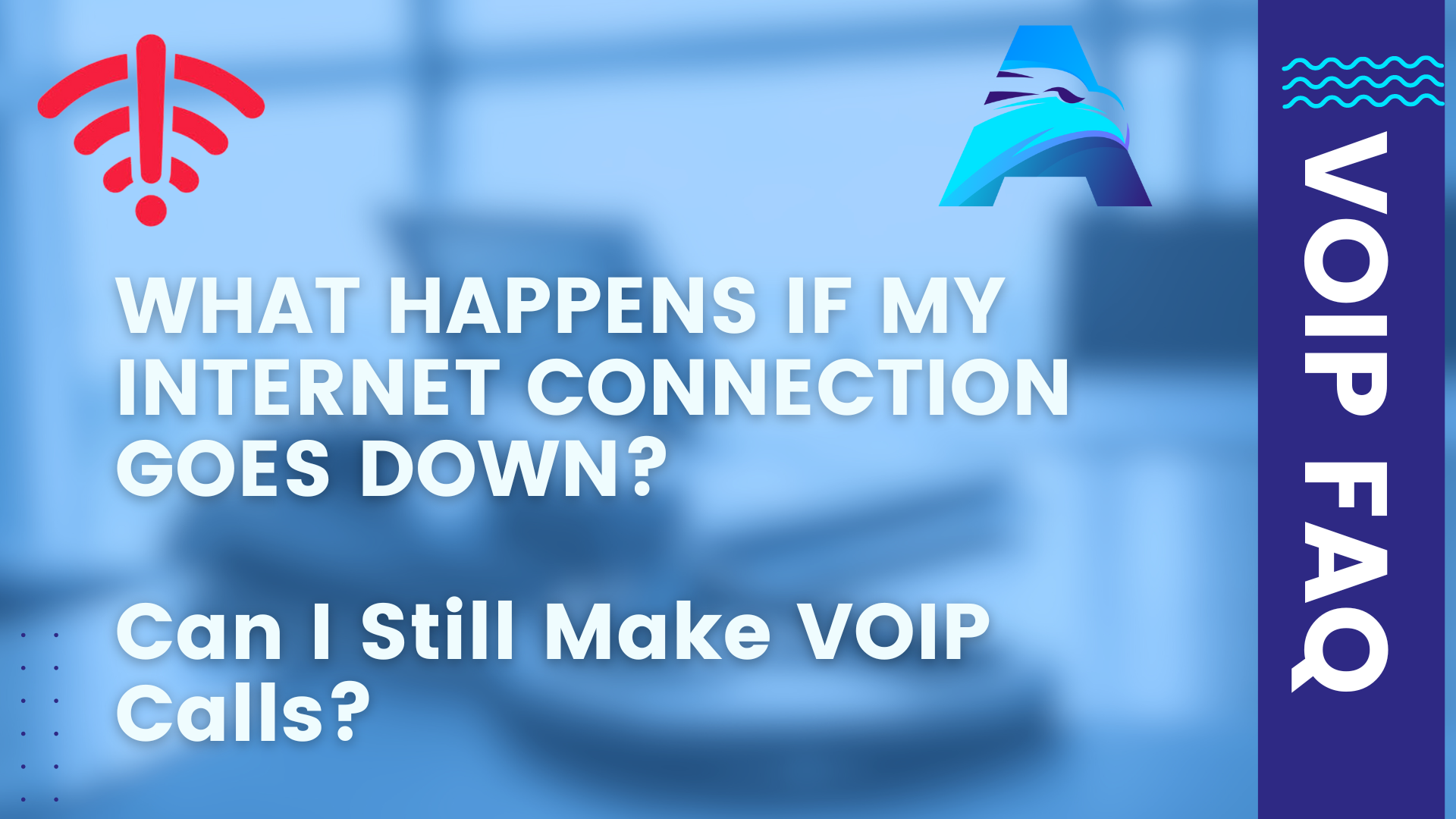VOIP (Voice over Internet Protocol) has become a staple for businesses and individuals alike, offering cost-effective and feature-rich communication solutions. However, a common concern among those considering VOIP is what happens if their internet connection goes down. In this blog post, we’ll explore this scenario and shed light on how VOIP services handle such situations.
Understanding VOIP and Internet Dependency
Before diving into the impact of an internet outage on VOIP calls, let’s briefly revisit what VOIP is. VOIP allows users to make and receive phone calls using the internet rather than traditional phone lines. This technology converts voice signals into digital data packets and transmits them over the internet.
Given this reliance on the internet, it’s natural to wonder about the consequences of an internet outage on VOIP calls. After all, if your internet connection drops, can you still stay connected through your VOIP service?
Call Forwarding and Redundancy Measures
The good news is that many VOIP providers have measures in place to mitigate the impact of an internet outage on your ability to make and receive calls.
1. Call Forwarding: One common feature offered by VOIP providers is call forwarding. In the event of an internet outage, you can set up call forwarding to redirect incoming calls to another designated number, such as your mobile phone or a backup landline. This ensures that you can still receive important calls even if your primary internet connection is down.
2. Failover Systems: Some VOIP providers also offer failover systems that automatically switch to backup internet connections in the event of an outage. This could involve leveraging secondary internet connections, such as cellular data or a backup broadband connection, to maintain continuity of service.
3. Offline Mode: Certain VOIP applications and devices may offer an “offline mode” feature, allowing you to make calls using alternative methods when internet connectivity is unavailable. This could include utilizing local Wi-Fi networks, if available, or making emergency calls through the device’s built-in dialer.
Planning for Contingencies
While these measures can help minimize the impact of an internet outage on your VOIP service, it’s essential to plan ahead and implement appropriate contingency measures:
– Evaluate Provider Redundancy: When selecting a VOIP provider, consider their redundancy measures and failover capabilities. Opt for providers that offer robust backup systems to ensure uninterrupted service.
– Invest in Backup Connectivity: Consider investing in backup internet connections, such as a secondary broadband connection or a cellular data hotspot. This redundancy can provide peace of mind and ensure continuity of service during internet outages.
– Test and Train: Regularly test your call forwarding and failover systems to ensure they function as intended. Additionally, train employees on how to respond to internet outages and utilize alternative communication methods effectively.
In conclusion, while VOIP relies on internet connectivity, many providers offer features and redundancy measures to mitigate the impact of an internet outage on your ability to make and receive calls. By understanding your VOIP provider’s capabilities and implementing appropriate contingency measures, you can ensure seamless communication even in the face of internet disruptions. VOIP remains a reliable and flexible solution for modern communication needs, empowering businesses and individuals to stay connected regardless of external circumstances.
Are you interested in learning more about Astoria’s VOIP services? Schedule a meeting here on our website





